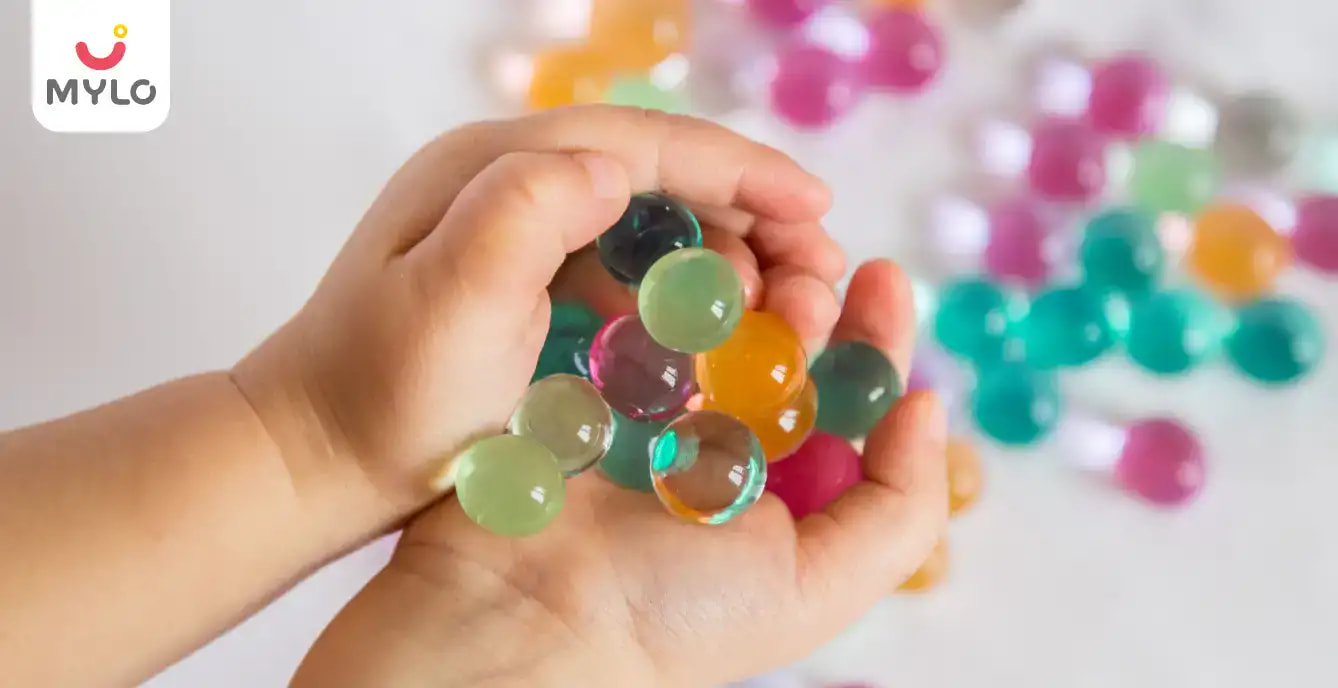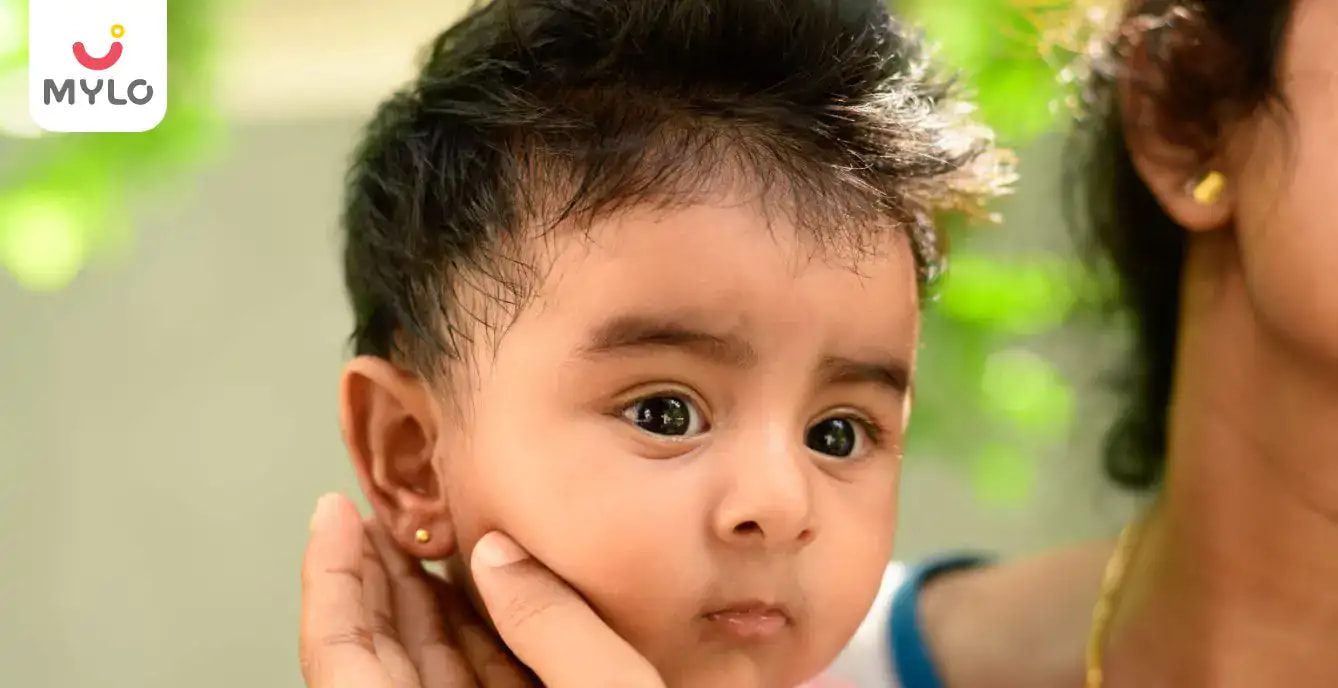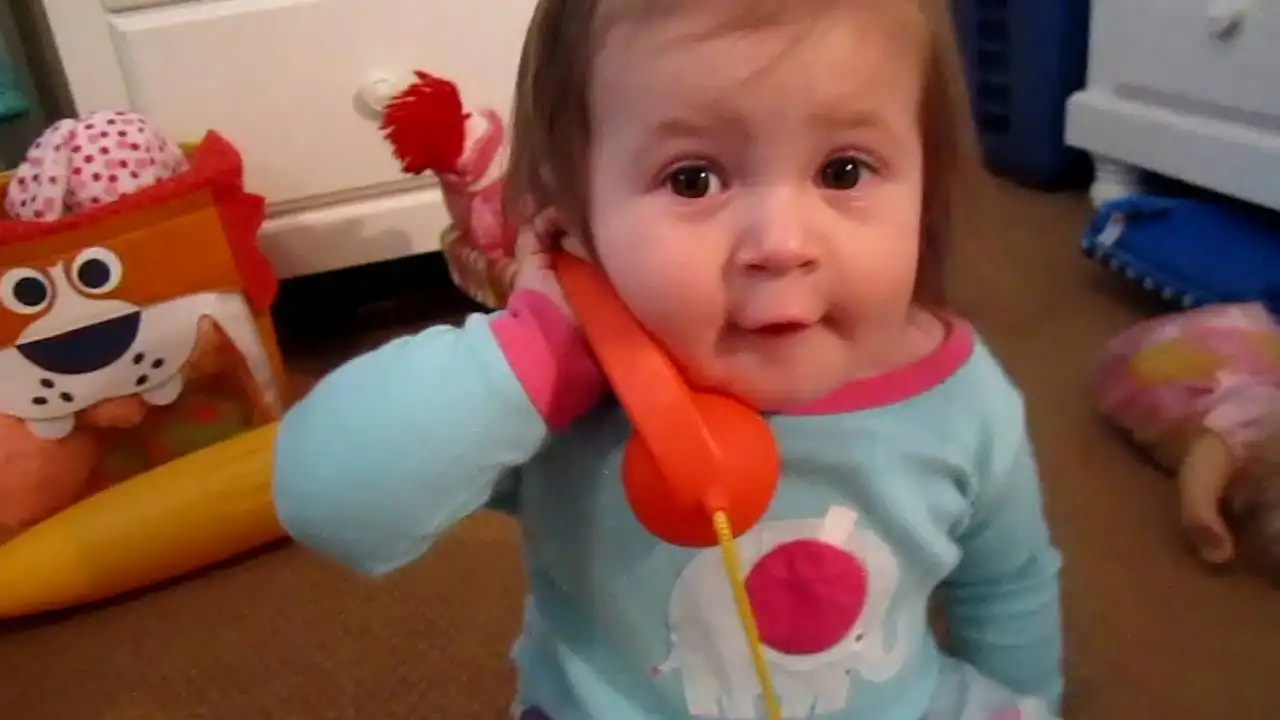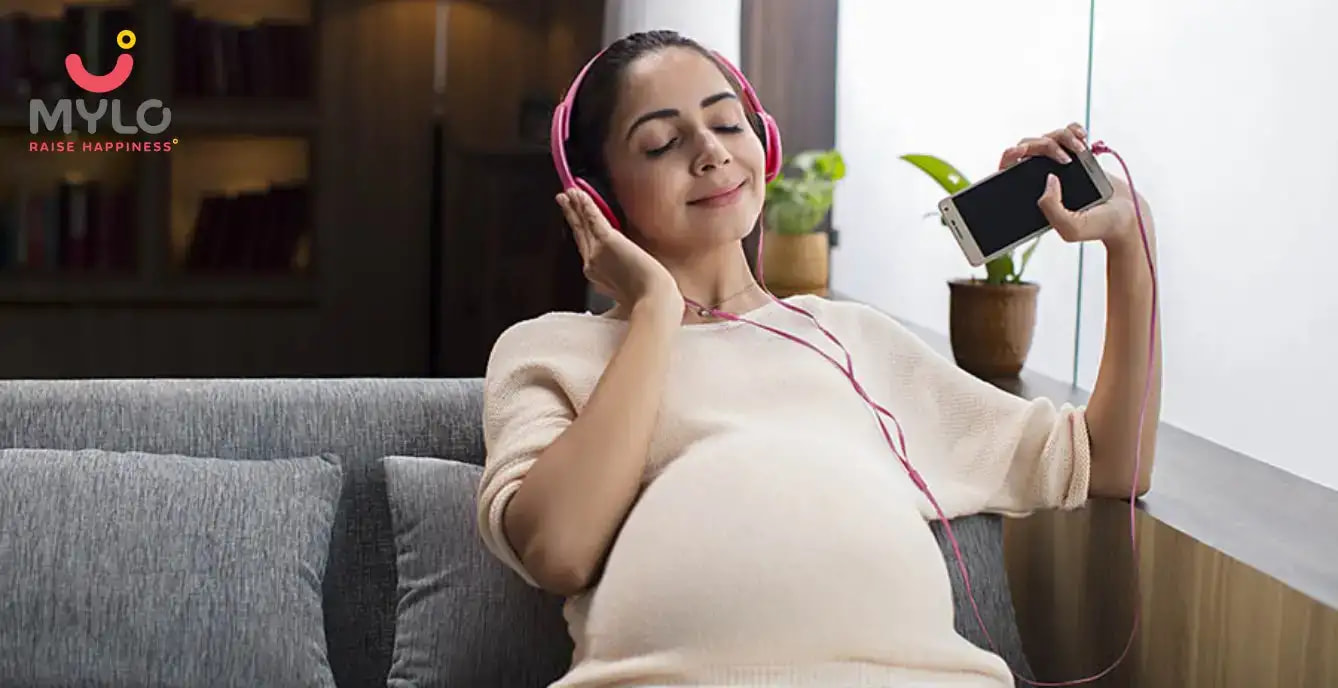Home

Hearing Problems

Can loud volume affect my toddler's ears?
In this Article
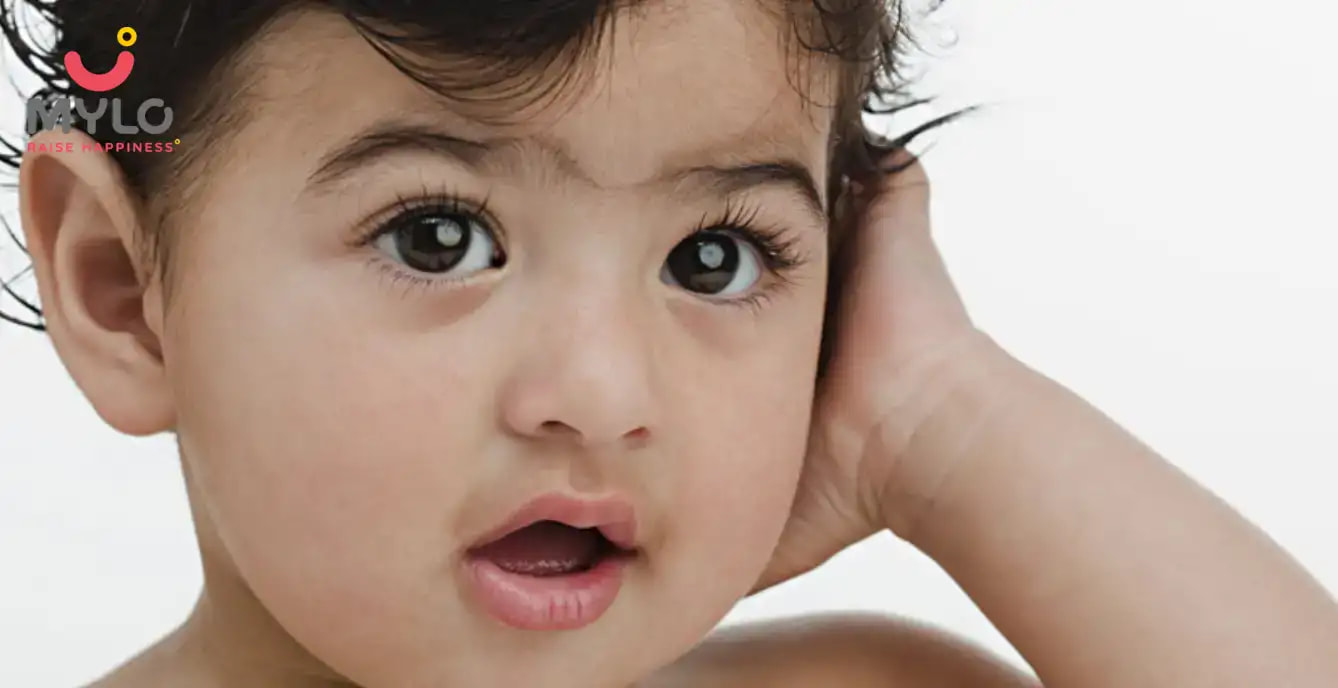
Hearing Problems
Can loud volume affect my toddler's ears?
Updated on 17 March 2023
Yes, it is possible for your toddler's hearing to be affected by loud volume. However, the amount of damage depends on the volume of noise, and the length of time that your child is exposed to it.
Research suggests that loud noise at or above 85 decibels can damage a child's or an adult's hearing. If you have to speak up to be heard over the sound, or if you can't be heard even if you are only an arm's length away, then it is considered as hazardous noise.
Children these days, are often exposed to loud volumes from television, mp3 players, noisy musical toys, video games and smartphone apps.
Some common children's toys too, such as rattles, toy phones and guns, are capable of generating unsafe intensities ranging from 110 decibels to 150 decibels. Children have a tendency to hold such toys closer to their ears which increases the intensity. However, the danger from these kind of toys is usually underestimated.
That apart, many children start using personal listening devices such as headphones or earphones, right from a very young age. However, researchers have determined that listening to a portable music player with headphones at 60 per cent of their potential volume for one hour a day is relatively safe.
That said, hearing loud volume with high intensity may cause some issues in children:
Temporary or permanent hearing loss
The inner part of the ear is lined with very fine hair cells (nerve endings) that turn sound into electric impulses that are then sent to the brain. Loud noise can damage these cells and may cause hearing loss. The ear cannot get used to loud noise, nor can it be ignored.
With regular exposure to loud noise temporary or even permanent hearing loss may occur. This hearing loss cannot be reversed.
Studies on teenagers found that, listening to portable media devices through ear buds, at high volume levels (above 85 decibels) for long periods of time can cause hearing damage. The average maximum sound from some portable devices has been measured at 115 decibels, a level that can cause hearing loss to listeners of all ages.
Hearing loss can also be caused by one-off exposures to very loud sounds. Even a brief exposure to high decibel levels can be harmful. The louder the sound, the shorter the time period before hearing damage occurs.
Negative effect on child's language development
It is also important to realise that constant background noise from a TV, for example, can negatively affect your child's language development. This is because babies find it difficult to differentiate between sounds.
Also, toddlers tend to play and interact less with adults when the television is on or when they are busy with other devices. This means that they tend to talk less to people around. Your child's vocabulary is linked to the amount of time that she spends talking to others.
Shorter attention spans
Research indicates that children living in an environment where the television is on most of the times may have shorter attention spans leading to lower cognitive and intellectual development.
The best you could do is to limit your child listening to high volume, especially for a longer time. Here's what you could do:
- Avoid giving devices to your child at a very young age, and limit her television time.
- If you're forced to give her a device, check if it has a volume limiting feature. Use it, and turn the maximum sound well down.
- If your toddler uses headphones or earphones that have a separate volume adjusting button, make sure that the sound is turned well down.
- If you are unable to bring down the volume, it may be best to keep your child away from the devices. You could keep her away from the room where the television is being watched, for example.
- You could also ask your doctor if hearing protectors (ear defenders) may be recommended for your child. Ear defenders reduce excessive noise without shutting out other sounds.



Written by
Priyanka Verma
Priyanka is an experienced editor & content writer with great attention to detail. Mother to an 11-year-old, she's a ski
Read MoreGet baby's diet chart, and growth tips

Related Articles
Related Questions
Hello frnds..still no pain...doctor said head fix nhi hua hai..bt vagina me pain hai aur back pain bhi... anyone having same issues??

Kon kon c chije aisi hai jo pregnancy mei gas acidity jalan karti hain... Koi btayega plz bcz mujhe aksar khane ke baad hi samagh aata hai ki is chij se gas acidity jalan ho gyi hai. Please share your knowledge

I am 13 week pregnancy. Anyone having Storione-xt tablet. It better to have morning or night ???

Hlo to be moms....i hv a query...in my 9.5 wk i feel body joint pain like in ankle, knee, wrist, shoulder, toes....pain intensity is high...i cnt sleep....what should i do pls help....cn i cosult my doc.

Influenza and boostrix injection kisiko laga hai kya 8 month pregnancy me and q lagta hai ye plz reply me

RECENTLY PUBLISHED ARTICLES
our most recent articles

Physical Growth
Running & Jumping Milestones for your toddler
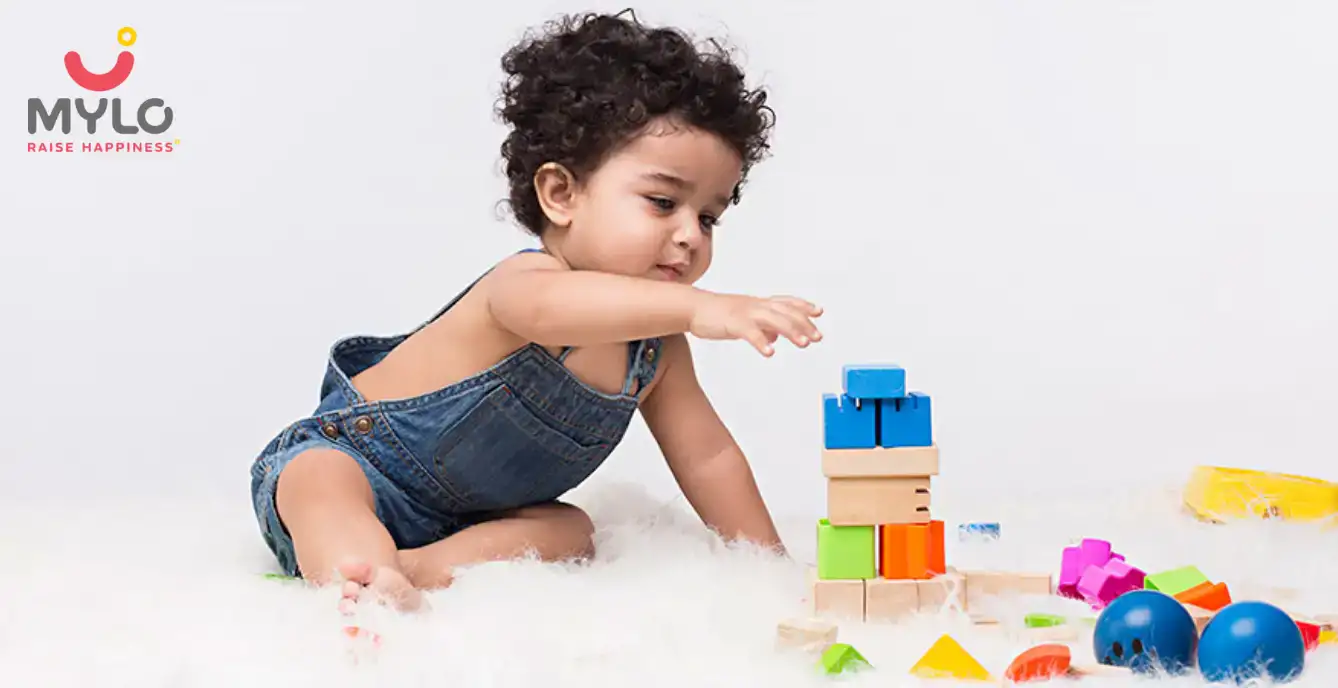
Motor Skills
Activities to keep an active toddler occupied at home
Growth & Development
Girls' growth chart: 24 to 36 months
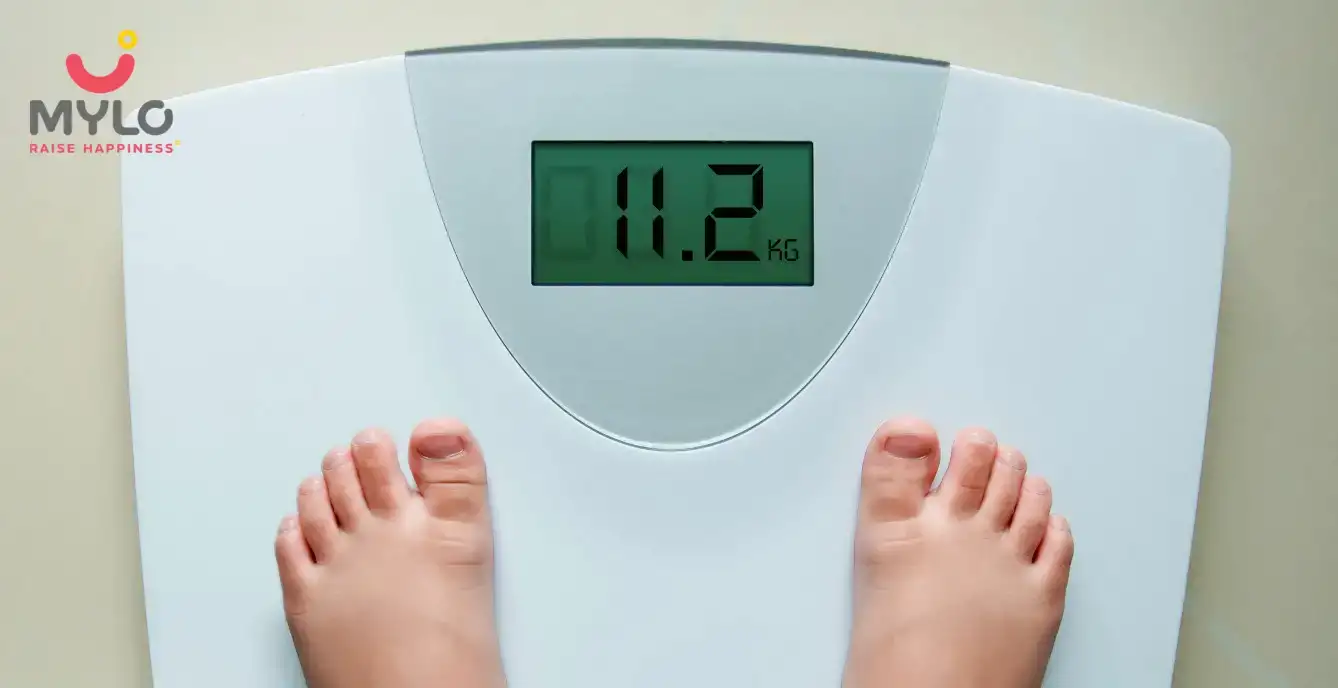
Health Tips
What to do if your toddler is overweight?
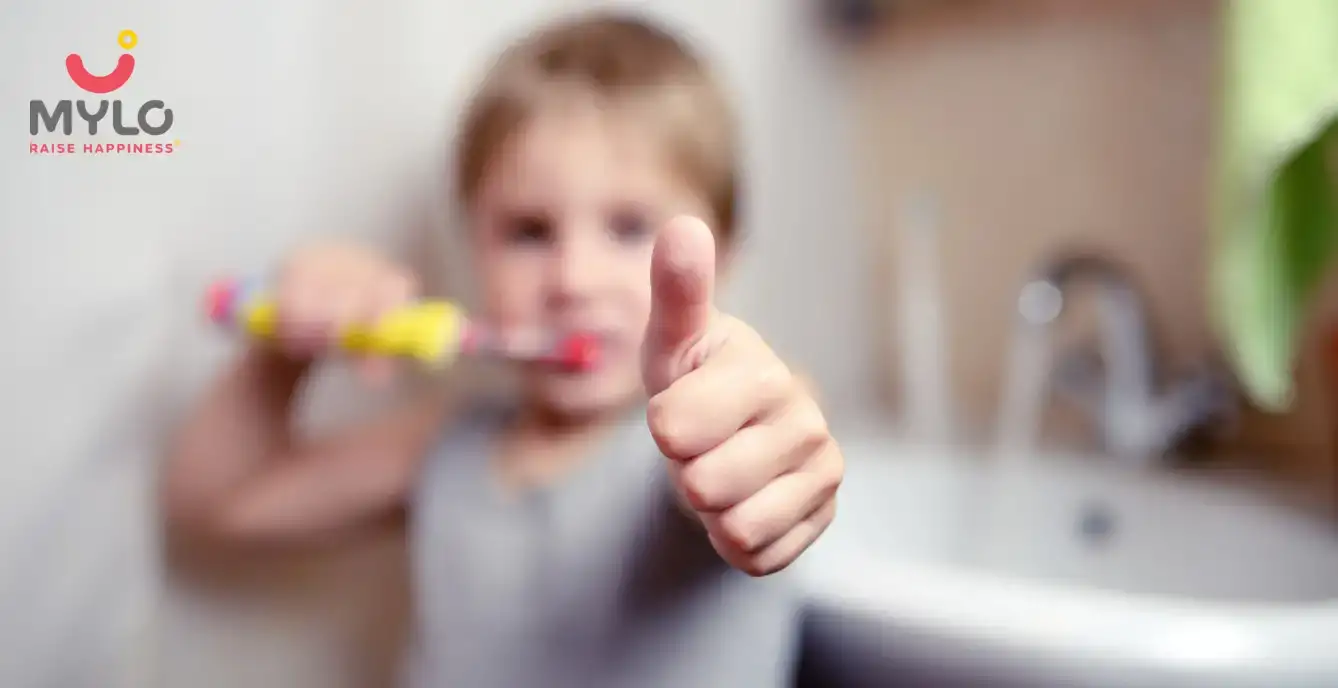
Daily Care Tips
Electric toothbrush for Toddlers: Is it safe?
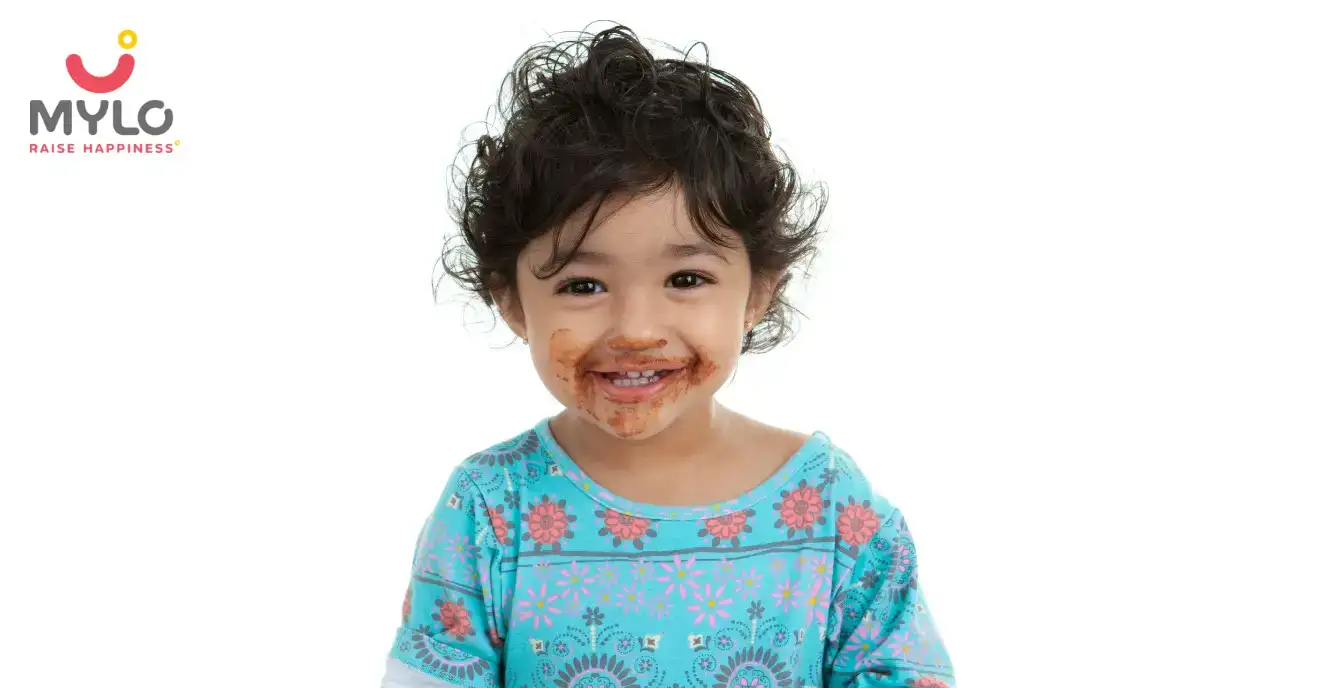
Health Tips
Teaching good eating habits to your kids
- How to Introduce Books to Your Child?
- This is how you can talk to your child about strangers
- A healthy meal plan for your 2-year-old
- Music In Pregnancy: How Does Music Affect Your Baby’s Brain
- What is the importance of measuring basal body temperature during conception?
- Signs That Children Are Ready for Potty Training
- Physical Development In Early Childhood
- What Is Social Development in Early Childhood?
- How to overcome anxiety and prepare your baby for preschool? 7 unique tips for handling the initial days of preschool.
- Obstetric-Cholestasis: Causes, Symptoms & Treatment
- Adjusting kids to a school can be challenging. Here are 7 tips to help your child adjust to school.
- Crying During Pregnancy Causes, Effects & Treatment
- Infant Choking: Prevention & Causes
- Indian Food Chart for Your 7-Month-Old Baby – Week 2


AWARDS AND RECOGNITION

Mylo wins Forbes D2C Disruptor award

Mylo wins The Economic Times Promising Brands 2022
AS SEEN IN

- Mylo Care: Effective and science-backed personal care and wellness solutions for a joyful you.
- Mylo Baby: Science-backed, gentle and effective personal care & hygiene range for your little one.
- Mylo Community: Trusted and empathetic community of 10mn+ parents and experts.
Product Categories
baby carrier | baby soap | baby wipes | stretch marks cream | baby cream | baby shampoo | baby massage oil | baby hair oil | stretch marks oil | baby body wash | baby powder | baby lotion | diaper rash cream | newborn diapers | teether | baby kajal | baby diapers | cloth diapers |



